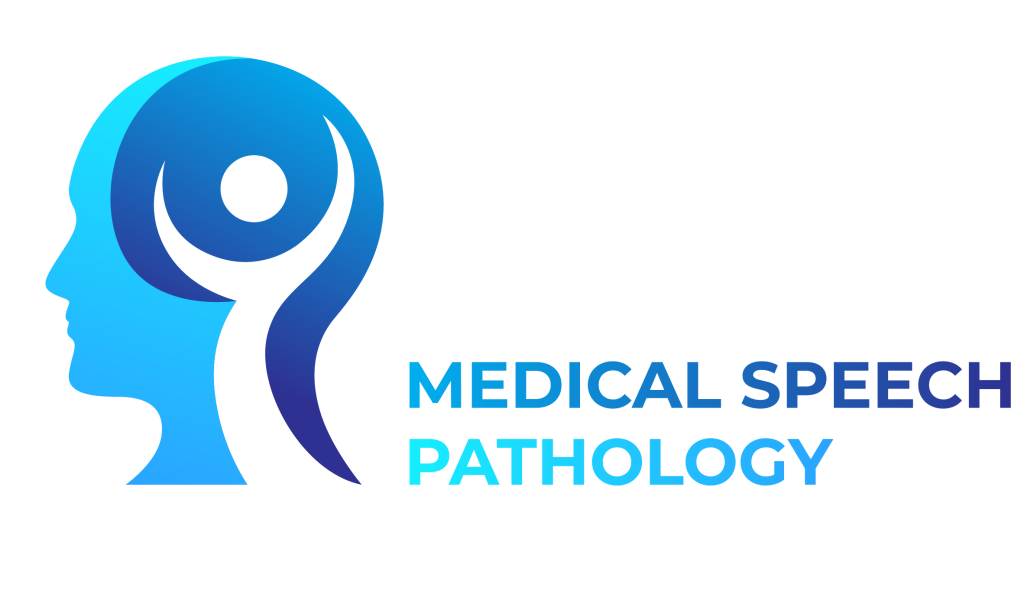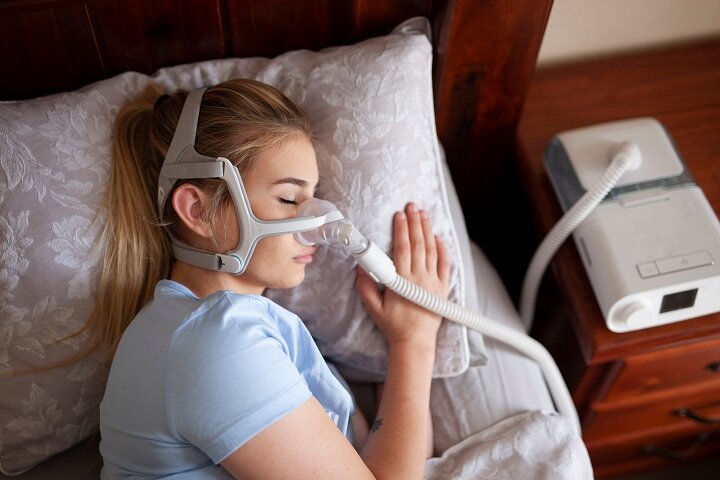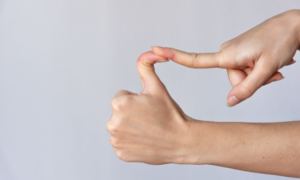Understanding how sleep problems can affect swallowing
Introduction
Have you ever heard of obstructive sleep apnoea (OSA)? It’s a common sleep problem where your breathing stops and starts repeatedly during sleep. But did you know it can also affect your ability to swallow? This post will explore how sleep apnoea and difficulty swallowing are connected, and what it means for you.
What is Sleep Apnoea?
Sleep apnoea is when your breathing gets interrupted while you sleep. This can happen many times throughout the night, making it hard for you to get a good night’s rest. It’s not just a small problem – it can lead to serious health issues like heart problems and strokes.
Why Does Sleep Apnoea Matter for Swallowing?
If you have sleep apnoea, you might also have trouble swallowing, which is called dysphagia. Obstructive sleep apnoea (OSA) can affect swallowing due to various factors. Swallowing is a complex process involving coordination between muscles and nerves in the mouth, throat, and oesophagus. OSA can lead to several changes in swallowing function, including:
- Structural Changes: OSA can result in anatomical changes in the upper airway, such as enlargement of tonsils, adenoids, or soft tissues in the throat. These structural changes may directly impede the swallowing process by narrowing the pharyngeal space or obstructing the passage of food or liquid.
- Muscle Dysfunction: Chronic sleep fragmentation and oxygen desaturation, common in OSA, can lead to muscle weakness or dysfunction in the muscles involved in swallowing. This weakness may affect the ability to generate sufficient force for swallowing or impair coordination between swallowing muscles.
- Sensory Changes: OSA can affect sensory perception in the upper airway and throat. Alterations in sensory feedback may lead to decreased awareness of food or liquid in the mouth or throat, potentially increasing the risk of aspiration (food or drink entering into the airway) before, during or after swallowing.
- Swallowing Coordination: Effective swallowing involves precise coordination between breathing and swallowing. In individuals with OSA, disruptions in breathing patterns during sleep may impact this coordination, leading to difficulties in timing swallowing movements with respiratory cycles. This can result in ineffective or inefficient swallowing.
- Reflux: OSA can also contribute to gastroesophageal reflux disease (GORD), where stomach acid flows back into the oesophagus. This can lead to irritation and inflammation of the oesophagus, changing tissues, potentially exacerbating swallowing difficulties or discomfort during swallowing.
- Impact of Treatment: Additionally, treatments for OSA, such as continuous positive airway pressure (CPAP) therapy or oral appliances, may indirectly influence swallowing function. For example, CPAP masks or oral appliances may alter oral sensation or muscle activity, affecting swallowing mechanics.
How do you know if you have Obstructive Sleep Apnoea?
To find out if you have sleep apnoea, you might need to do a sleep study. This involves spending a night in a special sleep clinic where they monitor your breathing and other body functions while you sleep. It can help your doctors understand your sleep problems better.
What can be done about Obstructive Sleep Apnoea and swallowing difficulty?
The good news is there are treatments for both sleep apnoea and dysphagia. For sleep apnoea, treatments might include wearing a mask called a CPAP machine while you sleep, or even surgery in some cases. To help manage difficulty swallowing troubles, a Speech Pathologist might recommend some imaging of your swallow to identify exercises or strategies may help you eat and drink more comfortably. One promising treatment is Expiratory Muscle Strength Training (EMST), which is proven to strengthen the respiratory muscles, which may reduce or even potentially eliminate Sleep Apnea and the reliance on a CPAP machine (you can read more about these studies here.




